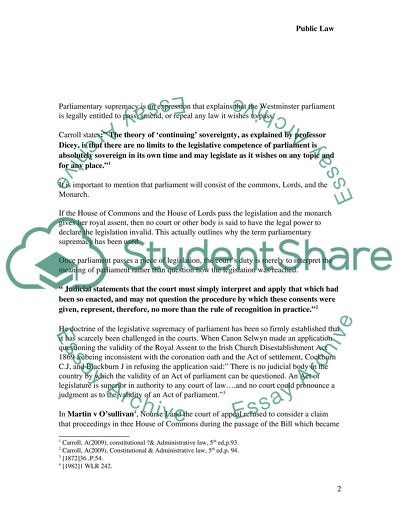Cite this document
(Parliamentary Supremacy, The Structure and Functions Coursework, n.d.)
Parliamentary Supremacy, The Structure and Functions Coursework. Retrieved from https://studentshare.org/politics/1563776-parliamentary-supremacy
Parliamentary Supremacy, The Structure and Functions Coursework. Retrieved from https://studentshare.org/politics/1563776-parliamentary-supremacy
(Parliamentary Supremacy, The Structure and Functions Coursework)
Parliamentary Supremacy, The Structure and Functions Coursework. https://studentshare.org/politics/1563776-parliamentary-supremacy.
Parliamentary Supremacy, The Structure and Functions Coursework. https://studentshare.org/politics/1563776-parliamentary-supremacy.
“Parliamentary Supremacy, The Structure and Functions Coursework”. https://studentshare.org/politics/1563776-parliamentary-supremacy.


